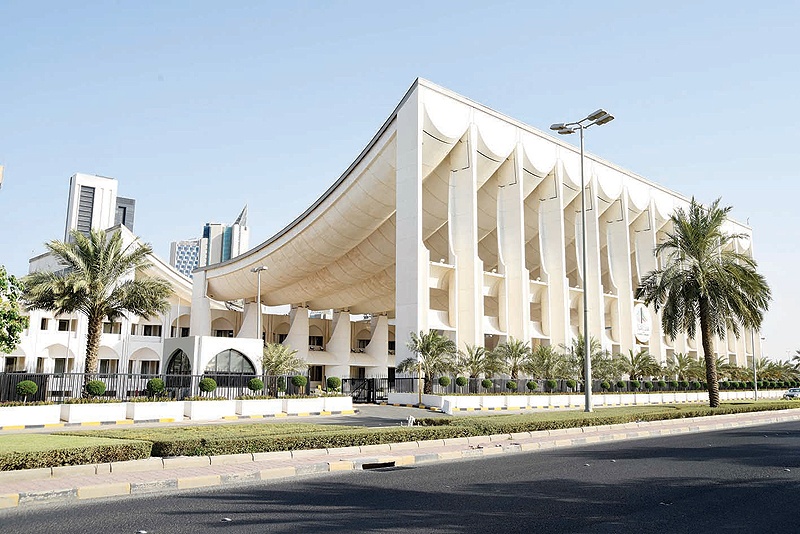Ministry of Health exempted from 'ban on unaccredited certificates'
KUWAIT: A proposed bill discussed by National Assembly Speaker Marzouq Al-Ghanem, the head of the central apparatus for illegal residents affairs Saleh Al-Fadhalah and the government will be referred to the parliament's legislative affairs committee next week to make sure it is constitutional, well-informed sources said. It will then be referred it the parliamentary defense and interior committee to issue a final report before returning it to the parliament for voting, said the sources who spoke on the condition of anonymity.
"Some parliamentarians have already started urging relevant committees to reject the bill and merge it with another prepared by the lawyers society, which the lawmakers deem much better," the sources explained, adding that Ghanem's bill includes some 'difficult' articles such as giving bedoons other countries' citizenship and granting Kuwaiti citizenship to a limited number of up to 5,000 bedoons, although their total number in Kuwait is 120,000.
The sources added that Ghanem, Fadhalah and the government insist on passing the new law with a few amendments that would not open the door wide for naturalizing bedoons in order to protect Kuwaitis' national identity. "The bill is expected to be discussed in parliament after December and is thus expected to be passed next year," the sources stressed.
Meanwhile, a report issued by the central apparatus for illegal residents affairs showed that the total number of bedoons receiving free education is 13,682 in various stages. The agency explained that the state had established a charity fund for education, which paid tuition fees for 15,448 students this year, with a total cost of KD 5.5 million. The agency added that bedoons are also accepted at Kuwait University (1,265 students) and PAAET (588 students), in addition to 141 postgraduate students. "Bedoons are treated like citizens in terms of fees and healthcare, which are fully paid by the government," the report added, noting that the defense ministry had sent 112 bedoon patients for treatment abroad.
National Assembly Speaker Marzouq Al-Ghanem had announced last July that under directions from His Highness the Amir Sheikh Sabah Al-Ahmad Al-Jaber Al-Sabah, a comprehensive and just solution will be struck to end the decades-old problem of thousands of stateless people or bedoons in a way that would not "inhibit their national identity rights," "undermine Kuwait's national identity" or "be at the cost of Kuwaiti citizenship."
Unaccredited certificates
The Fatwa and Legislation Department issued a decision suspending the ban on unaccredited certificates for Ministry of Health (MoH) staff members until a special charter is issued. A government decision made last August to stop hiring candidates with unaccredited certificates to scientific-related posts had caused problems in certain state departments, especially the Ministry of Health, in terms of hiring staff to fill their vacancies. Meanwhile, Health Minister Sheikh Basel Al-Sabah issued a decision approving the charter of law number 14/2019 pertaining psychological health.
Shift allowances
Director of the Directorate General of Civil Aviation (DGCA) Yousif Al-Fauzan stressed Minister of Commerce and Industry and Minister of State for Services Khaled Al-Roudhan is keen on protecting the rights of DGCA employees and that he had contacted relevant bodies requesting approving the shift allowances they had been demanding. Speaking following a meeting with the DGCA employees syndicate, Fauzan explained that the allowances will be restricted to employees working shifts and expressed hope that the Civil Service Commission (CSC) will approve the allowances soon. DGCA employees had recently threatened to go on strike in protest of being left out of the allowances that they believe are their "legitimate right."
By A Saleh









